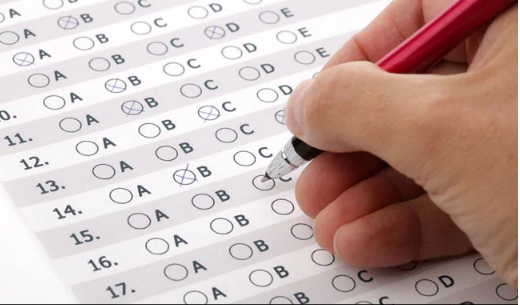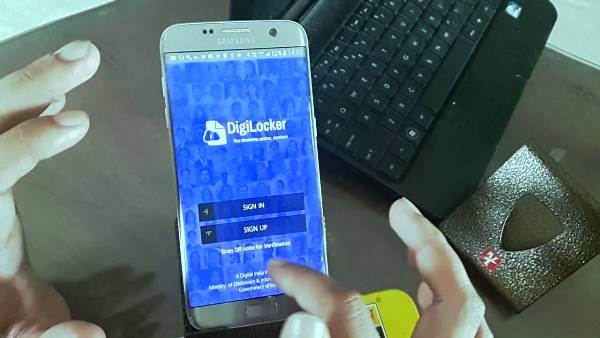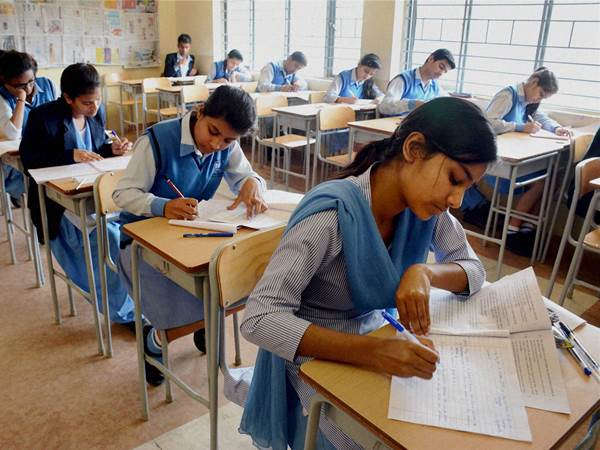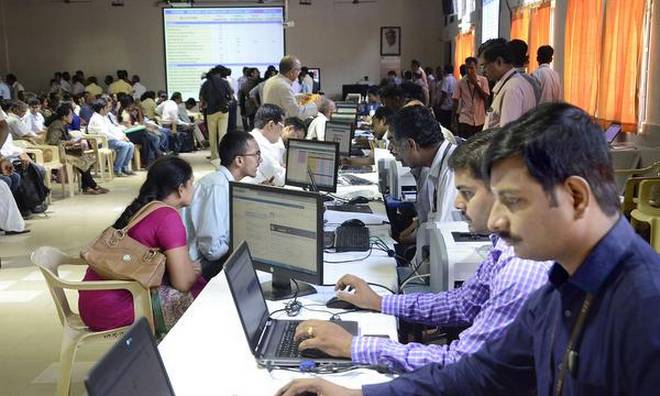TS EAMCET 2019 answer keys have been released on the official website of the TS EAMCET. Along with answer keys, the master question paper and response sheet for candidates are also available for download on eamcet.tsche.ac.in.
Candidates who have appeared for the examination can download the answer sheet by submitting their credentials – Hall Ticket number, Registration number and Date of Birth.
Steps to download TS EAMCET Answer Key:
Step 1. Visit the official website for TS EAMCET.
Step 2. Click on the link provided for Master Question Paper and Answer Key.
Step 3. Click on the answer key link provided for the date on which you appeared for the exam.
Step 4. A PDF will open.
Step 5. Download and go through the answer key.
In case of any error or discrepancy in the question paper or the answer key, candidates can elevate their
objection through the link given on the website.
However, it is advised to read the Guidelines/Instructions mentioned on the website before submitting
objections. It should be done through online mode only as objections rose through written Letters, E-
mails will not be considered.
Notably, the objection(s) submitted without proper justification will be summarily rejected. The last
date for online submission of objections (if any) through official website is 13 May, 2019 (Monday),
5.00PM, reads the official notification.
For the uninitiated, TS EAMCET – stands for Telangana State (TS) Engineering, Agriculture & Medical Common Entrance Test (EAMCET). The exam is conducted by the Jawaharlal Nehru Technological University (JNTU) Hyderabad on behalf of Telangana State Council of Higher Education (TSCHE) through computer based test mode.
EAMCET is prerequisite for admission into various professional courses offered in University/ Private
Colleges in the state of Telangana for the academic year 2019-2020.
For Engineering courses, TS EAMCET was conducted on May 3, May 4, and May 6 whereas TS EAMCET
for Agriculture and Medical courses was held on May 8 and May 9, 2019.




























